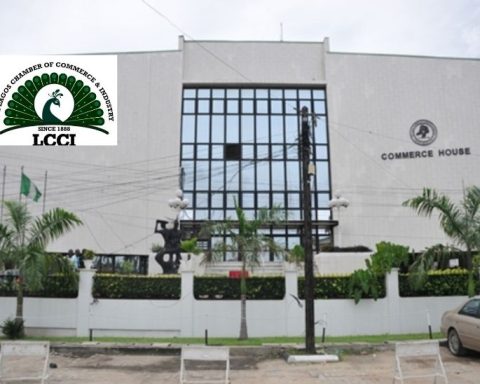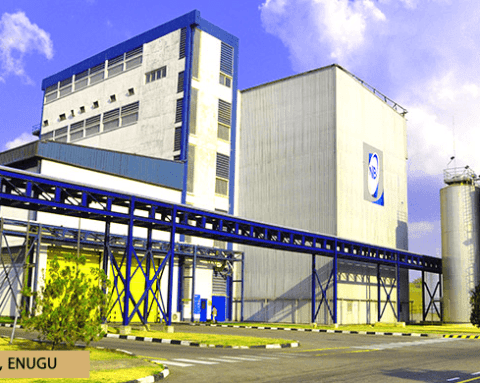The Lagos Chamber of Commerce and Industry (LCCI), has stated that achieving the Nigeria first policy requires addressing challenges inhibiting local production in the country.
The Federal Executive Council (FEC) had last week approved Nigeria first policy, which aims to empower local firms, encourage domestic manufacturing, and lessen excessive reliance on imports.
Join our WhatsApp ChannelLCCI in a statement signed by its Director General, Dr Chinyere Almona, acknowledged that the policy is a noble one as it focuses on achieving a self-reliant, and resilient national economy.
“With the policy well implemented, we expect to see the emergence of new opportunities for job creation, economic growth, reduced pressure on our FOREX spending, and robust revenue generation in the medium to long term,” Almona said.
The chamber, however, pointed out that its success will depend on a well-coordinated execution strategy that addresses deep-rooted structural barriers.
READ ALSO: $500m World Bank Loan: LCCI Highlights How Nigeria Can Reduce External Borrowing
This, according to the LCCI director general, involves resolving challenges rocking the local manufacturing sector such as high cost of generating power, rising cost of logistics, high cost of credit, and a harsh regulatory environment.
She stressed that in order for domestic industries to become competitive, targeted infrastructure investments, easily accessible credit, and an improved business-friendly environment are all necessary.
“Incentives such as tax reliefs, R&D grants, and backward integration support should be prioritised for sectors with strong local potential, especially agro-processing, manufacturing, and ICT,” Almona stated.
She stated that the government must lead by example by strictly enforcing local content rules in procurement at all levels.
“Procurement processes must be transparent, merit-based, and inclusive of SMEs to avoid elite capture and ensure fair competition across the board.
“Policies should be backed by enforceable legislation and harmonised across ministries, departments, and agencies (MDAs) to avoid contradictions and regulatory loopholes,” Almona said.
The LCCI DG went on to say that in order to meet changing market demands, the policy must be supplemented by significant investments in digital skills and vocational training. Collaborations with academic institutions and the private sector are also crucial in order to close skill gaps and spur innovation in the local talent economy.
While emphasising the need for creation of a multi-stakeholder implementation and monitoring framework to ensure transparency, accountability, and continuous improvement of the policy over time, Almona urged the government to equally engage the private sector as a critical partner in execution.
“We stand ready to collaborate in designing, refining, and monitoring frameworks that will ensure the Nigeria First Policy delivers meaningful and measurable impact for Nigerians,” the LCCI DG further stated.
Victor Ezeja is a passionate journalist with seven years of experience writing on economy, politics and energy. He holds a Master's degree in Mass Communication.











